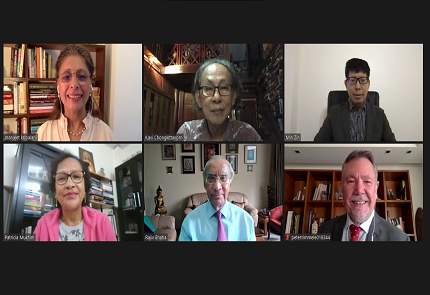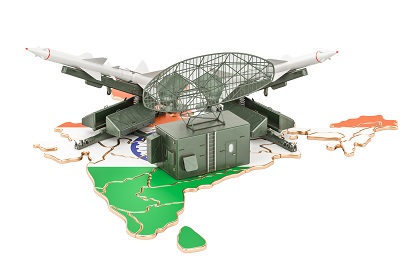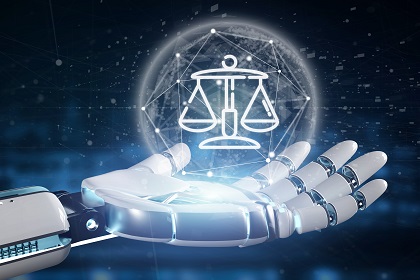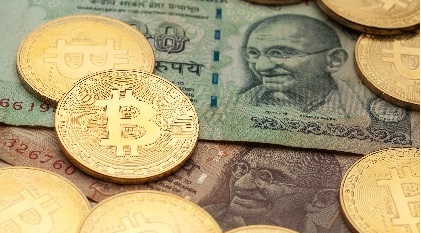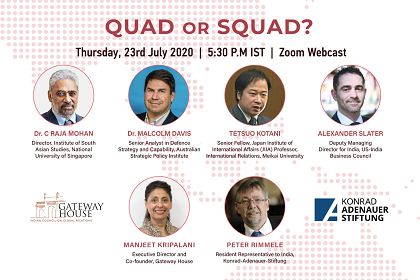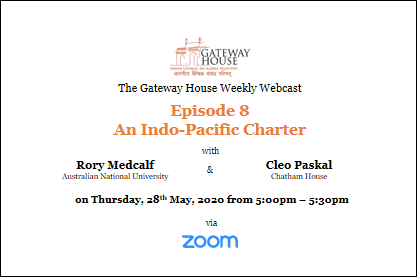Cyber attacks on critical infrastructure: Is India ready?
The ransomware attack on Colonial Pipeline in the U.S. has underlined the importance of cyber security in critical infrastructure. India has not escaped the brunt of a recent global surge in cyber attacks. Though New Delhi has taken steps to protect critical infrastructure, problems in information sharing of threat vulnerabilities impede an effective response.


